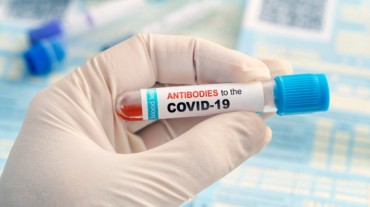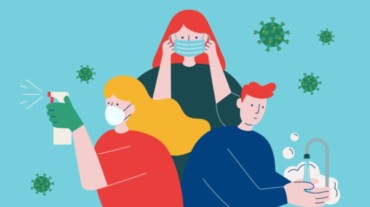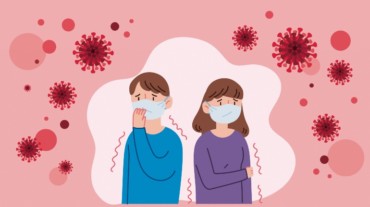
The world has been pinning their hopes on a covid-19 vaccine that uses antibodies to keep us safe. But turns out the magic of covid-19 antibodies might just fade away quickly, leaving us vulnerable again.
You see, a report suggesting caution regarding herd immunity and vaccine durability indicates that recovering from a mild case of covid-19 might not ensure any sort of protection from future infections.
Published in The New England Journal of Medicine, the paper outlined an analysis of antibodies taken from the blood of 34 patients who had recovered after suffering mainly mild symptoms that didn’t require intensive care. Out of them, only two required supplemental oxygen and received an HIV medication, and none needed a ventilator.

They initiated their first analysis on antibodies 37 days after the symptoms first began. The second analysis took place after 86 days or less than three months later. A quick fall in antibody levels was observed, with a half-life of about 73 days between the two timeframes. Upon comparing it with SARS, an earlier type of coronavirus infection, they realized that the loss of antibodies occurred more quickly in this case.
This research shows how much we don’t know about SARS-CoV-2
Scientists from all across the world are closely studying the antibody response to understand indications of how long-lasting this immunity could be. There’s very little evidence that suggests that reinfections could be broadly occurring but health experts have a long way to go before they can pin down the specifics. With a majority of cases showing mild symptoms, there is a rising concern that protection from reinfection might not last long in these cases.

Further studies will be needed “to define a quantitative protection threshold and rate of decline of antiviral antibodies beyond 90 days,” according to the researchers led by F. Javier Ibarrondo, from the David Geffen School of Medicine at the University of California Los Angeles. The brief report was in the form of a correspondence published in the journal.
While the protective role of antibodies against infection isn’t fully understood, they are generally considered a good representation of some protection against infection in general, according to the report.
As per a recent study from King’s College London, there could be a significant drop in the level of antibodies, so much so that it makes them undetectable as soon as three months after infection. However, the body also mounts other forms of immunity responses, including from so-called T-cells, which appear to play a role in protecting against reinfection with covid-19.
In the meantime, the Swedish top health authority on Tuesday stated that people who have already had the virus are likely to be immune for at least six months after being infected, irrespective of having antibodies developed or not. In new guidance, the Swedish Public Health Agency said it’s now considered safe for individuals who’ve been infected to come into contact with people in high-risk groups.
(With inputs from Bloomberg)
Select Topics of your interest and let us customize your feed.
PERSONALISE NOW